hankyoreh
Links to other country sites 다른 나라 사이트 링크
38 years later, nobody convicted for murder of civilians during Gwangju Massacre of 1980
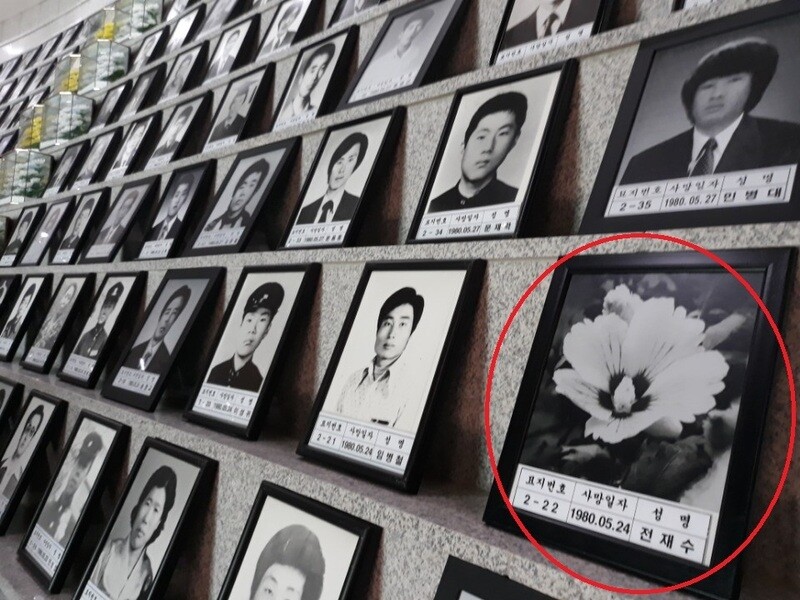
The children scattered, startled by the sound of gunfire. One boy’s black rubber shoe came off. As he went back to retrieve it, bullets rained down on him. Then 11 years old, Jeon Jae-su (born in 1969) met his early end at 1:50 pm on May 24, 1980, while playing in a village near Hyodeok Elementary School in Gwangju’s Nam (South) district. Martial law army forces with the 11th Special Forces Brigade (Airborne) engaged in a gun fight with the citizens’ army had been firing indiscriminately on civilians.
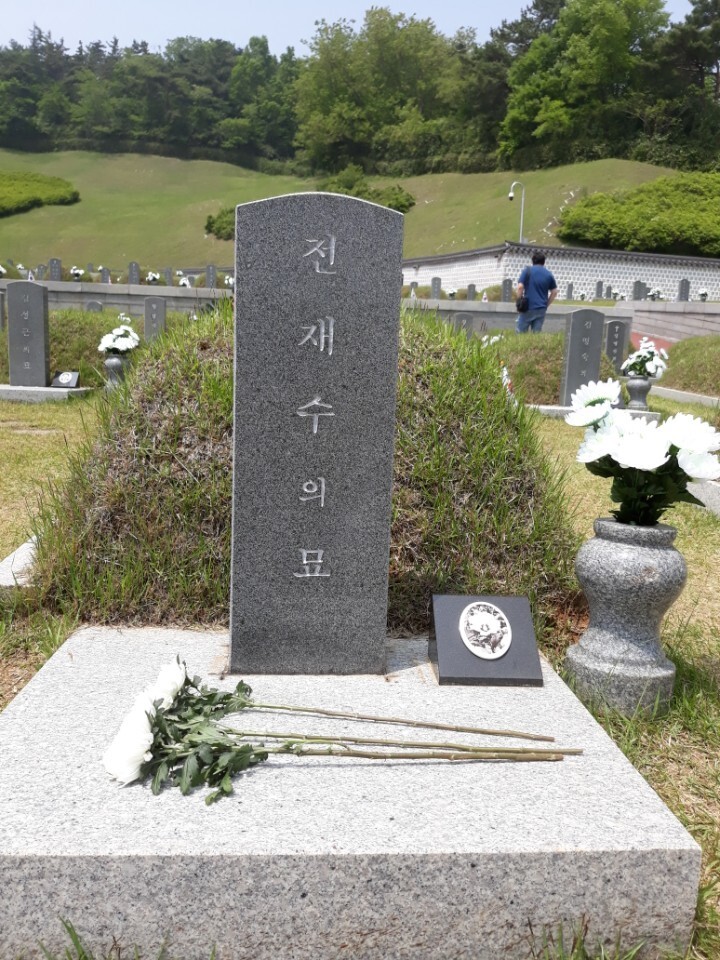
Also killed by gunfire around the same time was Bang Gwang-beom (born in 1967), who had been swimming at Wonje Reservoir in the Jinwol neighborhood.
The special forces soldiers had no scruples about revenge slayings either. According to verdicts from the first trials on the coup d’etat of Dec. 12, 1979, and the Gwangju Massacre in 1980, a hail of grenades was launched at members of the 11th Special Forces Brigade at around 1:55 pm on May 24 as they were traveling down the road in front of the Songam Industrial Complex in Gwangju’s Nam district on their way to the periphery.
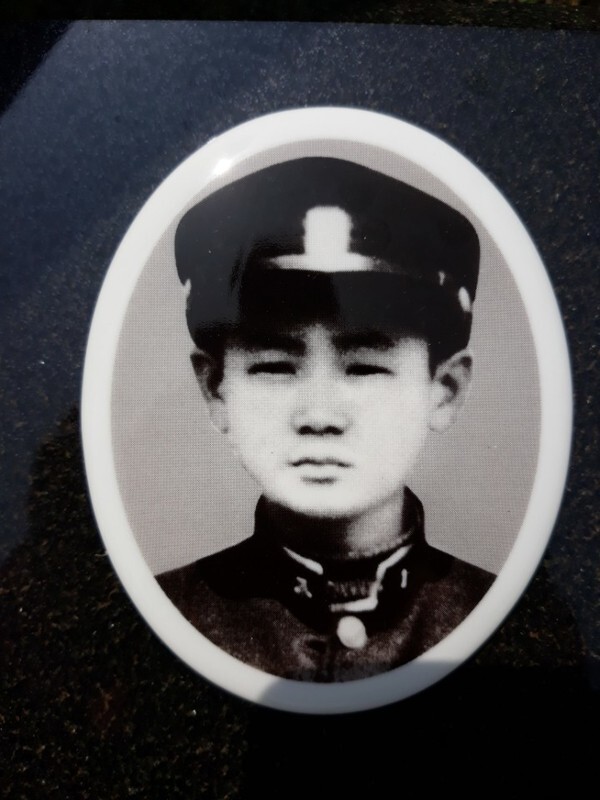
The attack was waged by reserve military unit members from the Combat Arms Commanding Post (CAC), who had been lying in ambush in the mountains and mistook them for armed demonstrators in the citizens’ army. Nine members of the 63rd Battalion were killed and another 33 injured due to mistaken fire among troops.
Dressed in their combat boots, members of the 11th Special Forces Brigade tromped into private homes and carried out the summary executions of one older resident and three young people, including 25-year-old Kwon Geun-rip.
These were not the only summary executions. Fifteen out of 18 people were killed in a shooting attack on a minibus on the road in front of Junam Village in Gwangju’s Dong (East) district on May 23. The three survivors were taken into the mountains, where two of them, including 20-year-old Yang Min-seok, were fatally shot by martial law troops. Their bodies were found by nearby residents in a shallow grave on June 2.
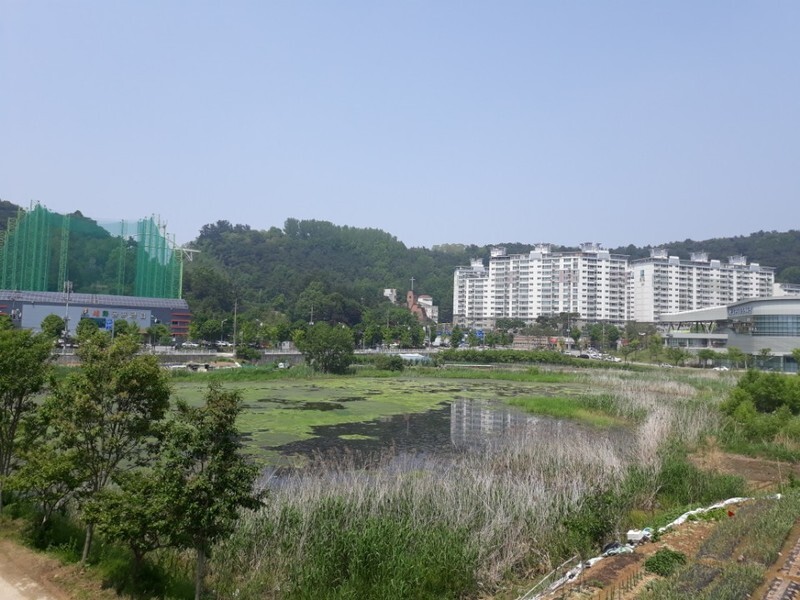
“The indiscriminate firing on unarmed civilians by martial law troops during the May 18 Democracy Movement were a massacre under the guise of ‘self-defense,’” said An Gil-jeong, a scholar who has researched the events of the Gwangju Massacre.
The May 18 Democracy Movement may be marking its 38th anniversary, but to date not a single person has been held responsible for the death of the 11-year-old boy shot in broad daylight by members of the Republic of Korea Army.
Cases of massacre, sexual assault and torture still left uninvestigated
Five defendants had their convictions on charges of homicide with the intent of rebellion upheld at the 1997 trials on the 1979 coup and 1980 massacre: security commander Chun Doo-hwan, martial law commander Lee Hee-seong, Minister of National Defense Ju Young-bok, deputy Army Chief of Staff Hwang Young-si, and special forces commander Chung Ho-yong.
But the Supreme Court acquitted them of the charges in connection with the fatal shootings of 26 people by martial law troops between May 21 and 24, after the martial law command issued an order to exercise “self-defense rights” at 8:30 pm on May 21.
In its final ruling against the military commanders and two former Presidents, the Supreme Court recognized homicide with the intent of rebellion for the deaths of only 18 people. Of the 165 people killed between May 18 and 27, 1980, the deaths of 147 were ruled to be simply acts within the rebellious uprising.
Other heinous crimes that have gone unpunished include acts of sexual assault and torture by special forces and martial law army investigators. According to a report drafted by the Gwangju District Prosecutors’ Office on Jan. 6, 1996, an unnamed individual claimed to have been sexually assaulted along with two others by three soldiers with the martial law army (special forces).
The victim was questioned by prosecutors and demanded an investigation. But the prosecutors never investigated a case in which Special Forces unit members loaded three to four women into a military freight vehicle, took them into the mountains, and sexually assaulted them at gunpoint.
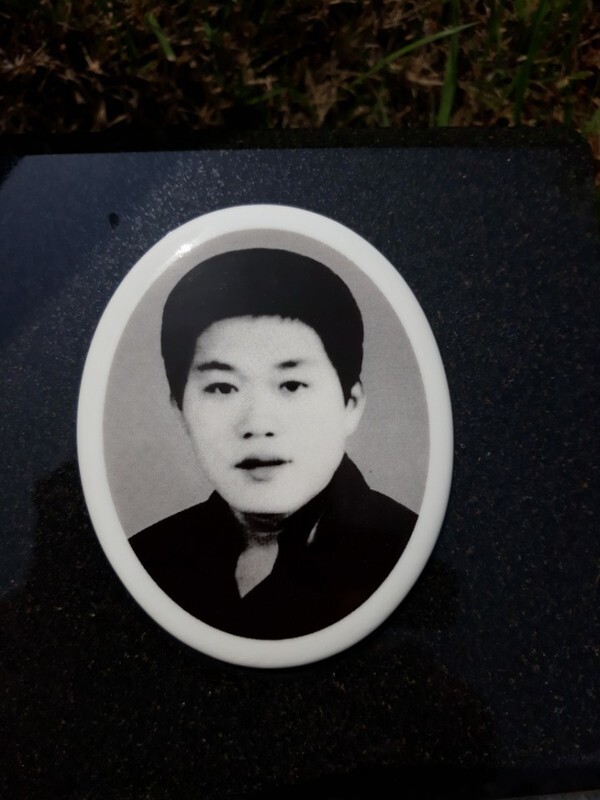
A failure to face history
The failure to punish the crimes has also resulted in ongoing attempts to misrepresent the significance of the May 18 Democracy Uprising. In memoirs published in Apr. 2017, Chun Doo-hwan claimed there had been “no deliberate and indiscriminate acts of killing and injury by the Republic of Korea Army against civilians in Gwangju.”
All of this stems from the failure to thoroughly address the historical legacy.
“In the prosecutors’ investigation and trial outcomes, the massacre of May 18 was treated as less important that the illegality of the Dec. 12 coup [in 1979],” said May 18 researcher Lee Jae-ui.
The future May 18 Truth and Reconciliation Commission will need to get the bottom not only of the massacres of civilians but also the order to open fire, the secret burials, and the acts of sexual assault and torture against women.
“After a thorough investigation into facts that have not been properly disclosed and new crimes that come to light, we will need to conduct a legal examination as to whether Chun Doo-hwan and other members of the ‘new military regime’ can be indicted again,” experts said.
By Jung Dae-ha, Gwangju correspondent
Please direct comments or questions to [english@hani.co.kr]

Editorial・opinion
![[Column] Season 2 of special prosecutor probe may be coming to Korea soon [Column] Season 2 of special prosecutor probe may be coming to Korea soon](https://flexible.img.hani.co.kr/flexible/normal/500/300/imgdb/original/2024/0426/3317141030699447.jpg) [Column] Season 2 of special prosecutor probe may be coming to Korea soon
[Column] Season 2 of special prosecutor probe may be coming to Korea soon![[Column] Park Geun-hye déjà vu in Yoon Suk-yeol [Column] Park Geun-hye déjà vu in Yoon Suk-yeol](https://flexible.img.hani.co.kr/flexible/normal/500/300/imgdb/original/2024/0424/651713945113788.jpg) [Column] Park Geun-hye déjà vu in Yoon Suk-yeol
[Column] Park Geun-hye déjà vu in Yoon Suk-yeol- [Editorial] New weight of N. Korea’s nuclear threats makes dialogue all the more urgent
- [Guest essay] The real reason Korea’s new right wants to dub Rhee a founding father
- [Column] ‘Choson’: Is it time we start referring to N. Korea in its own terms?
- [Editorial] Japan’s rewriting of history with Korea has gone too far
- [Column] The president’s questionable capacity for dialogue
- [Column] Are chaebol firms just pizza pies for families to divvy up as they please?
- [Column] Has Korea, too, crossed the Rubicon on China?
- [Correspondent’s column] In Japan’s alliance with US, echoes of its past alliances with UK
Most viewed articles
- 1[Column] Season 2 of special prosecutor probe may be coming to Korea soon
- 2‘We must say no’: Seoul defense chief on Korean, USFK involvement in hypothetical Taiwan crisis
- 3Is N. Korea threatening to test nukes in response to possible new US-led sanctions body?
- 4No good, very bad game for Korea puts it out of Olympics for first time since 1988
- 5Is Japan about to snatch control of Line messenger from Korea’s Naver?
- 6Division commander ordered troops to enter raging flood waters before Marine died, survivor says
- 7Korea’s 1.3% growth in Q1 signals ‘textbook’ return to growth, says government
- 8N. Korean delegation’s trip to Iran shows how Pyongyang is leveraging ties with Moscow
- 9[Editorial] Korea’s surprise Q1 growth requires objective assessment, not blind fanfare
- 10[Editorial] Government needs to stop impeding Sewol mourning